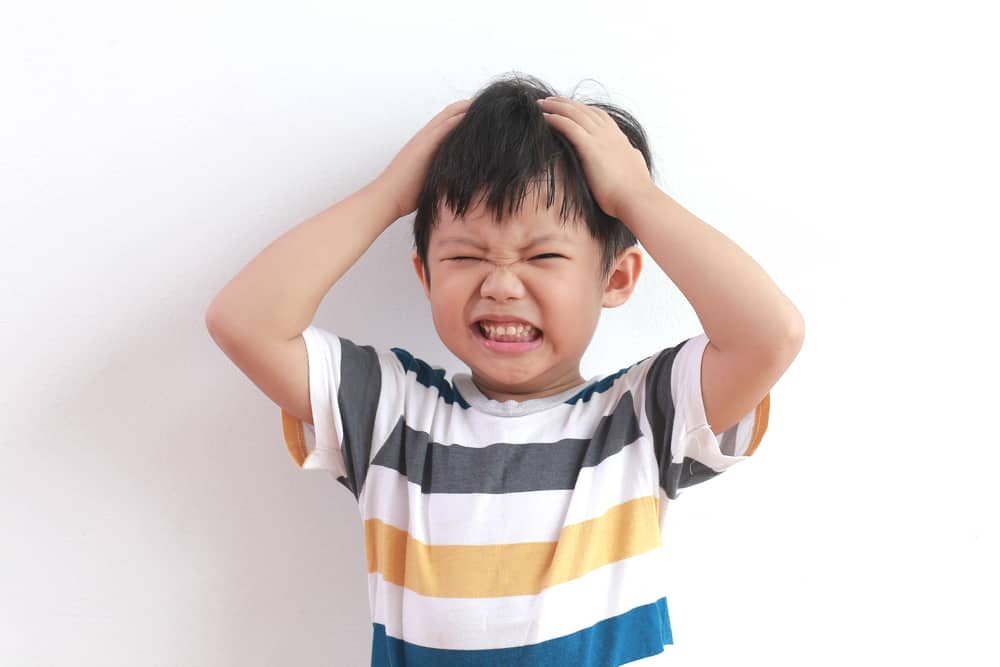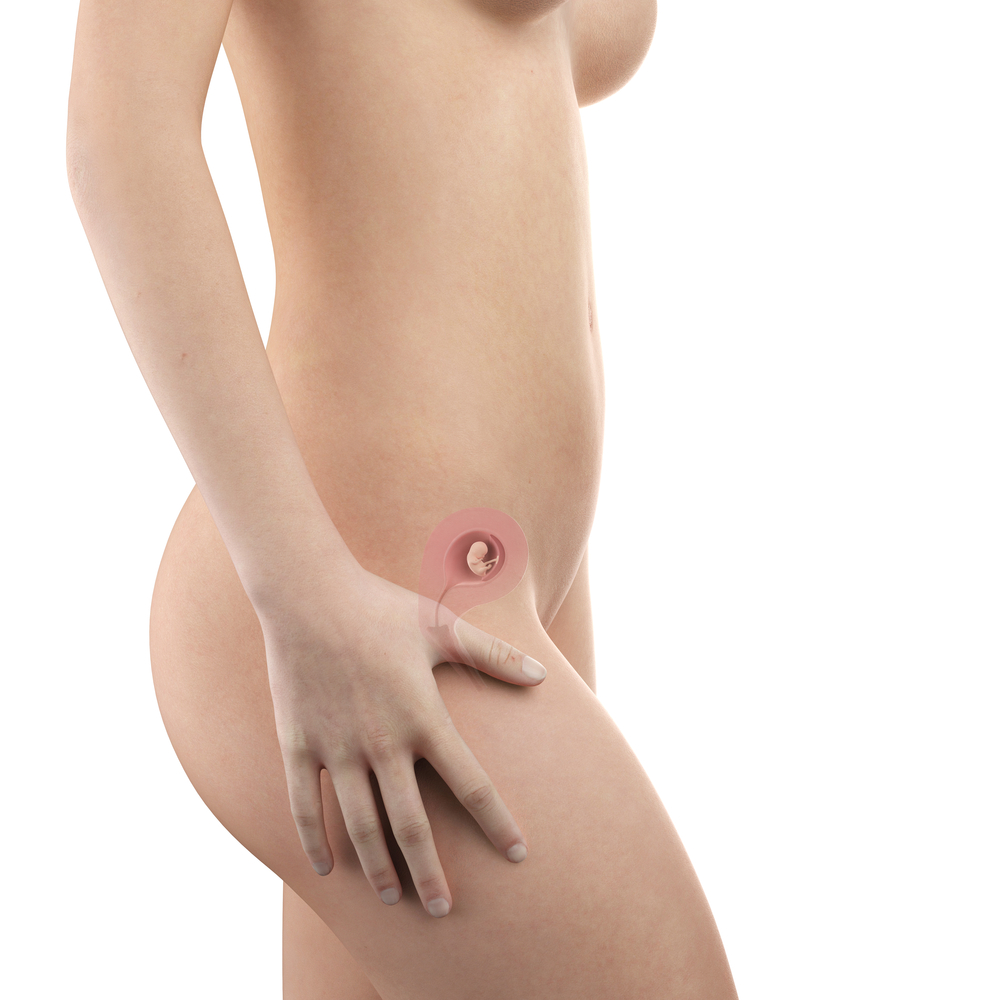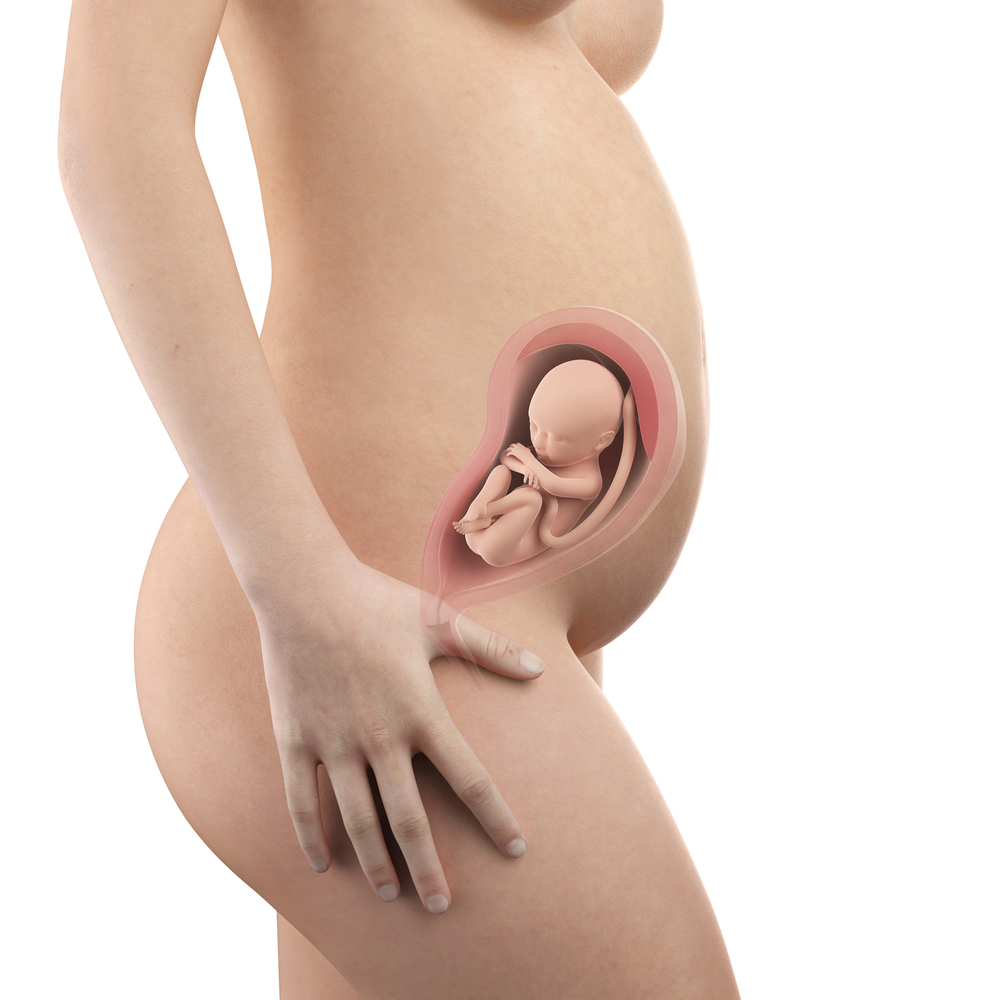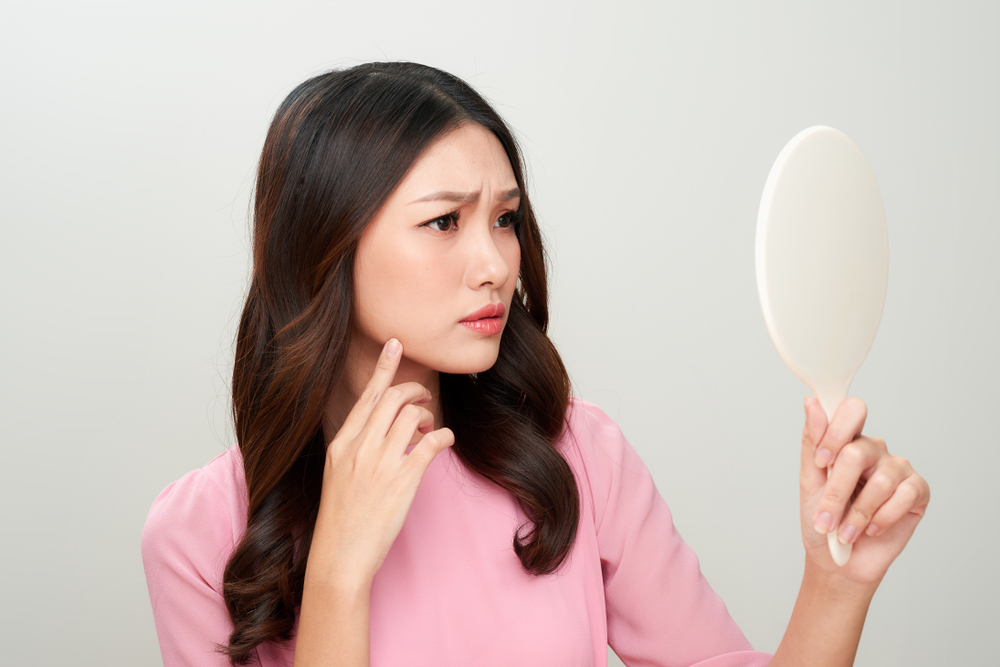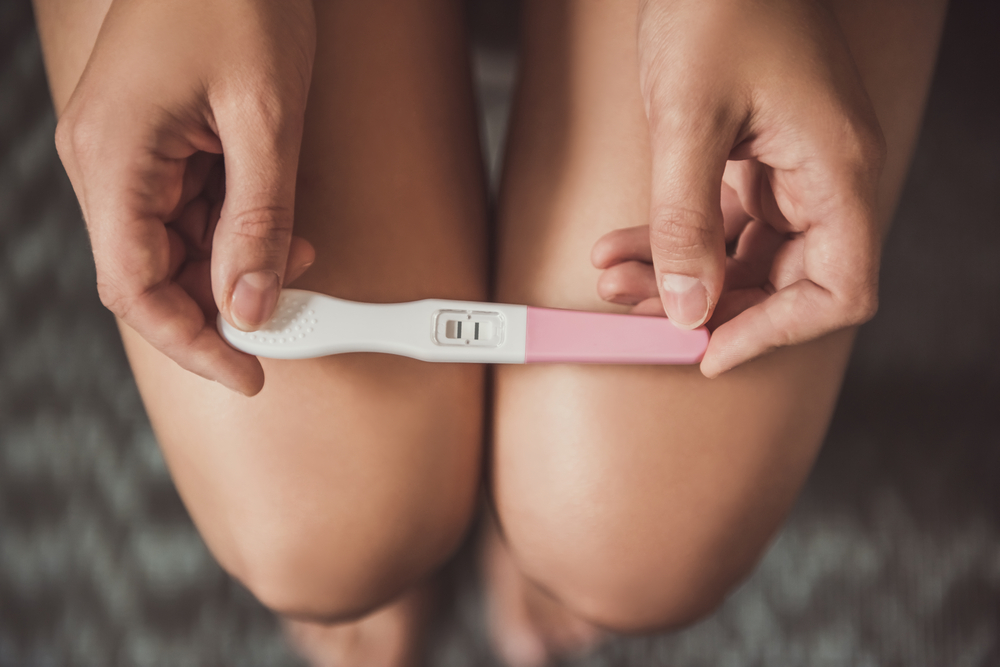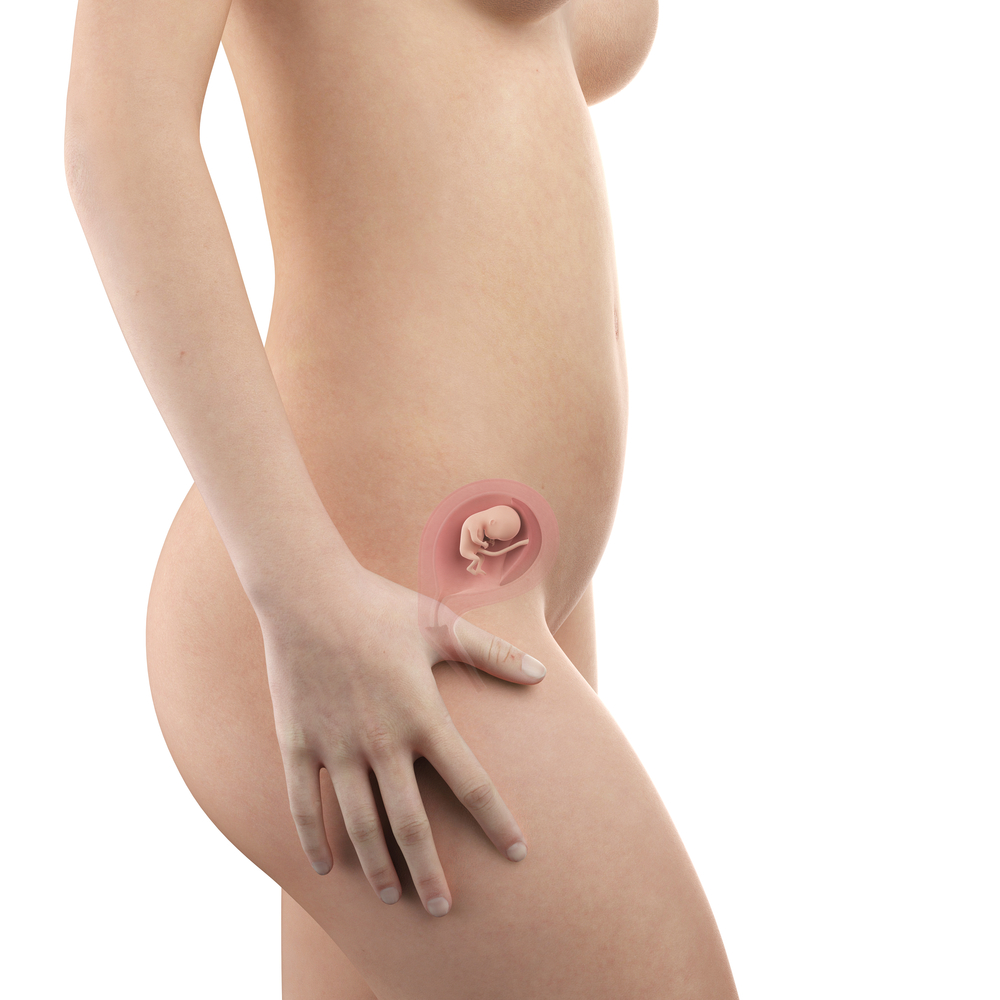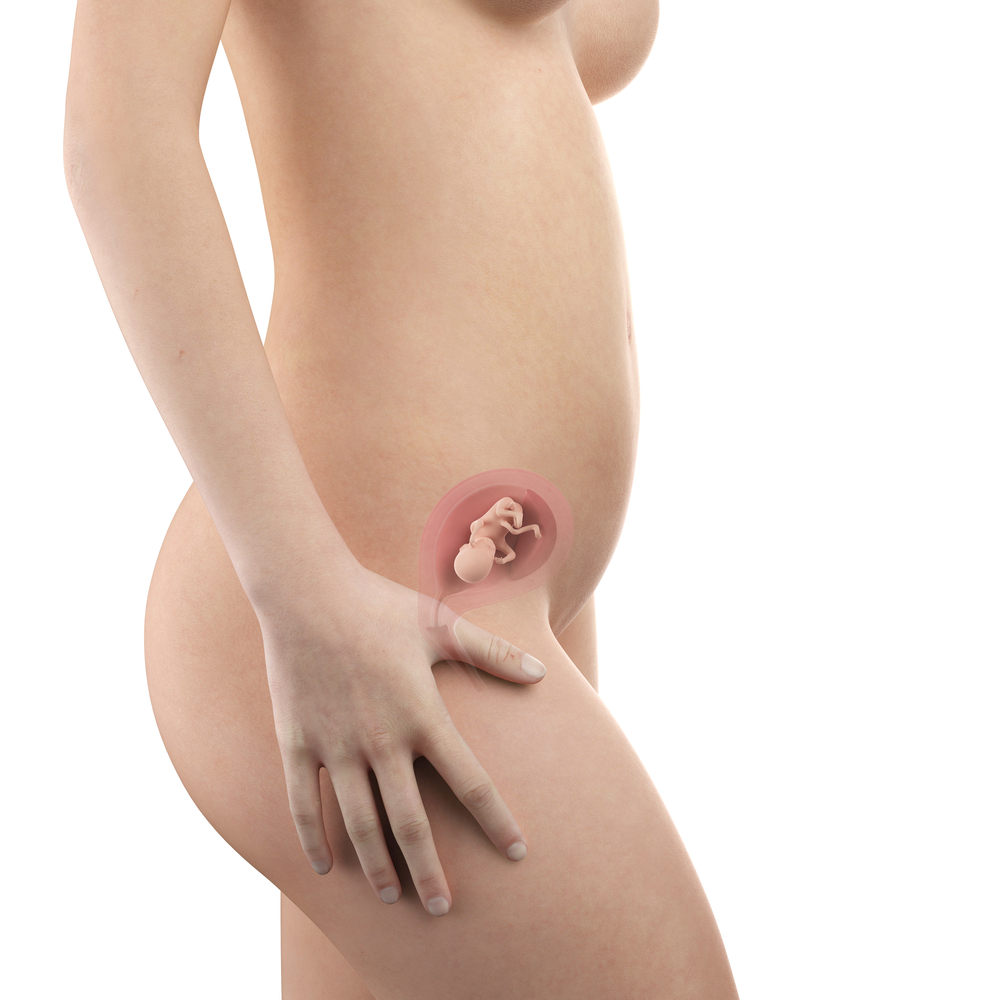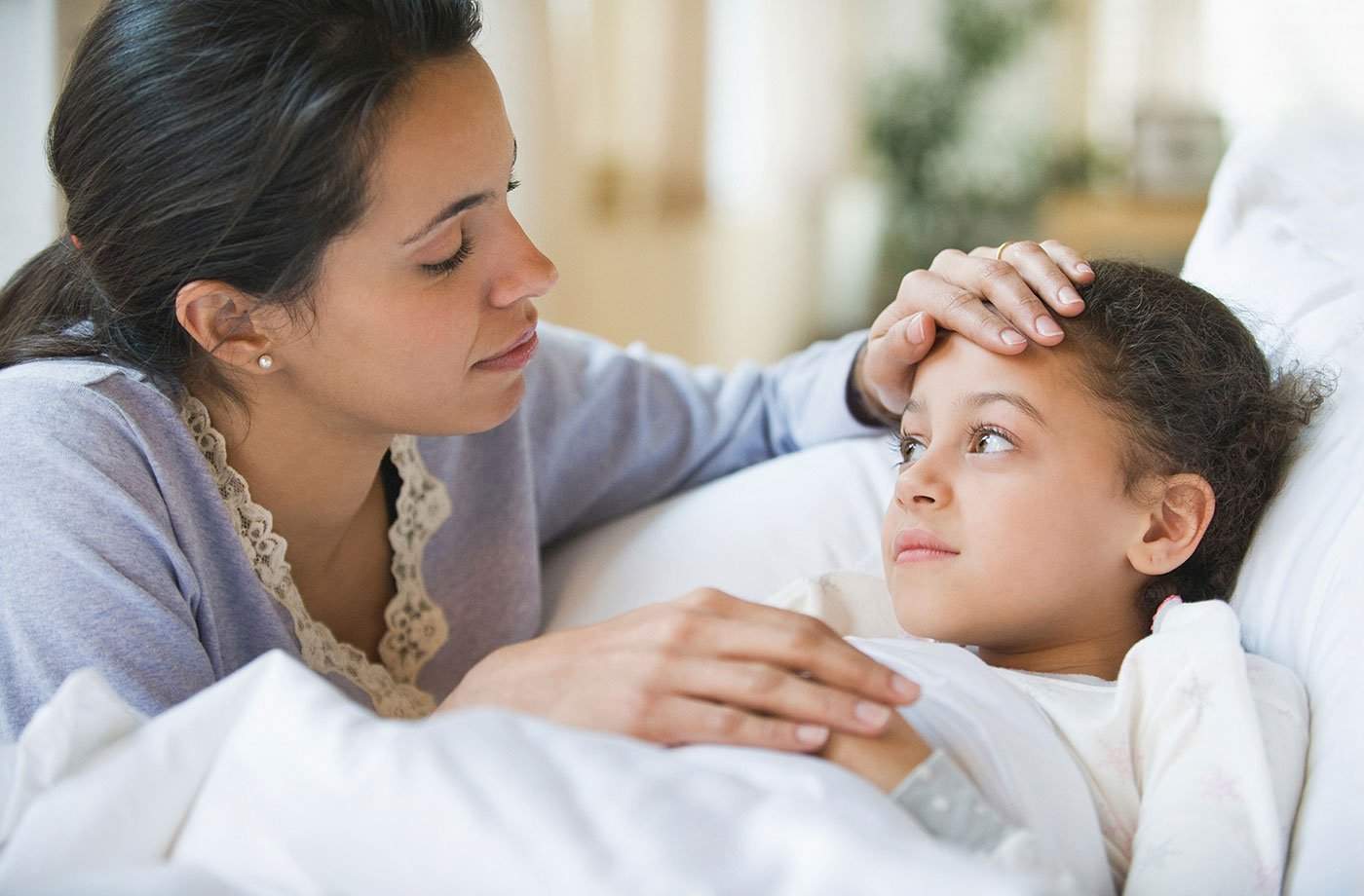Contents:
- Medical Video: Migraines in children: Guidelines for primary care management of headache
- Signs of complaints of headaches in children that you should be aware of
- 1. Headache accompanied by fever and stiff neck
- 2. Headaches don't stop even after taking medication
- 3. Headaches accompanied by vomiting
- 4. When the headache is up to wake the child from sleep
- 5. When headaches often occur repeatedly
- What will the doctor do?
Medical Video: Migraines in children: Guidelines for primary care management of headache
Headaches are the most common complaints in children. Children often have headaches due to lack of sleep, lack of food or drink, or because of an infection in the ear or throat - such as a cold or sinusitis. Even so, headaches in children can also be caused by migraines or other diseases such as brain tumors or meningitis.
Because there are many possible causes, you should not underestimate children who complain of headaches. There are some symptoms of headaches in children which can actually be a danger sign.
Signs of complaints of headaches in children that you should be aware of
1. Headache accompanied by fever and stiff neck
If a child with a headache cannot raise his neck up or down, or he can't shake and turn his head, you should immediately take him to the nearest hospital.
Headaches in children with fever and leg neck can be a sign of meningitis. Meningitis is an inflammation of the lining of the brain that can be caused by bacterial or viral infections. Babies and children are very susceptible to meningitis because their immune systems have not been able to fight infections as well as adults.
2. Headaches don't stop even after taking medication
Headaches in children generally subside after taking pain medications such as paracetamol or ibuprofen, and resting. But if the complaint still appears after that, especially when it gets worse, you should take the child to the doctor. Especially if accompanied by other symptoms, such as weakness, or blurred vision, and other conditions that interfere with children's activities.
3. Headaches accompanied by vomiting
If a child's headache is accompanied by frequent vomiting but does not show other symptoms, such as diarrhea, this may be caused by increased pressure in the brain (intracranial pressure). Especially if the pain is getting heavier than before.
Immediately bring the child to the doctor if you experience this condition.
4. When the headache is up to wake the child from sleep
When the headache feels so great that the child wakes up from sleep, this is not a sign of normal headache but a serious illness that must be dealt with immediately.
Headaches can also get worse when the child coughs, sneezes, or massages his head. In addition, it may also be accompanied by nausea and vomiting every time the child has a headache.
5. When headaches often occur repeatedly
If the child often experiences headaches (more than twice a week) or the pain to make it difficult for them to carry out activities as usual, you should consult a doctor about the condition of your child.
What will the doctor do?
The doctor will first find out the cause by doing a variety of basic physical examinations. Your doctor may also ask the following questions for your child and you:
- Since when does a headache occur?
- Which parts hurt?
- How long has the pain been felt?
- Have you had an accident or head trauma?
- Does this headache change the pattern of sleep?
- Are there certain body positions that further trigger the head to hurt?
- Are there emotional or psychological signs that have changed since the child has a headache?
If further examination is needed, the doctor will perform an MRI or CT scan of the child's head. MRI is used to see the condition of blood vessels leading to the part of the brain. CT scans help look for the presence of a tumor or see abnormal nerve conditions in the head, or to see whether there is an abnormal condition in a child's brain.
Handling headaches in children depends on the causes that trigger them. If all the test results are negative, the doctor will usually give medication that can be taken at home to relieve headaches in children. If there is one of the suspicious test results, the doctor can recommend the next treatment plan according to the cause.

